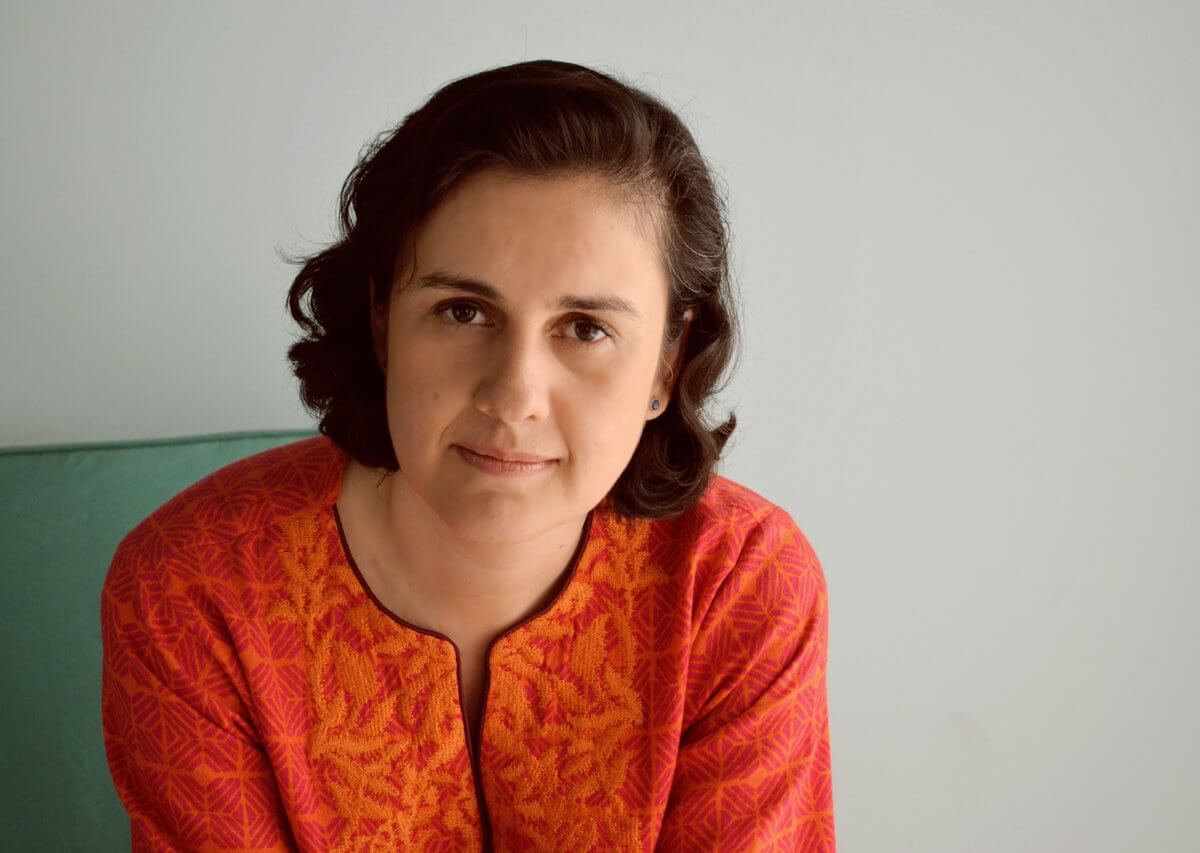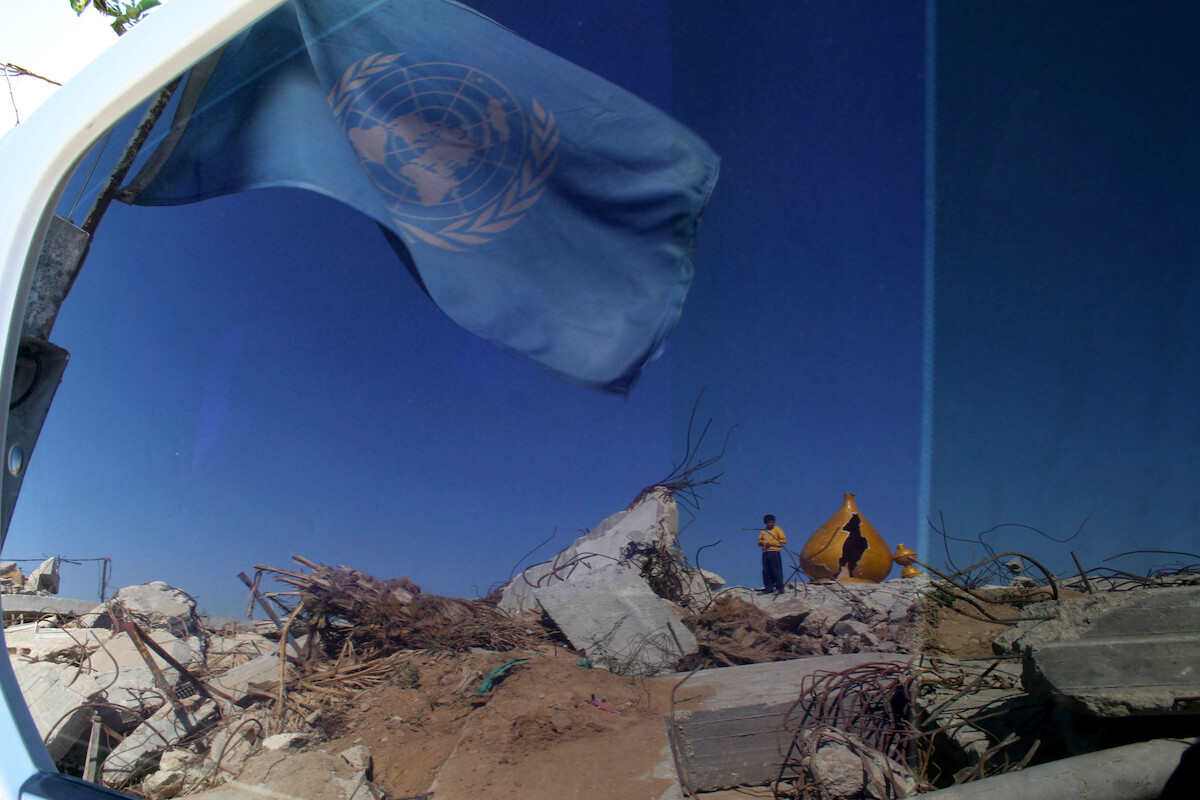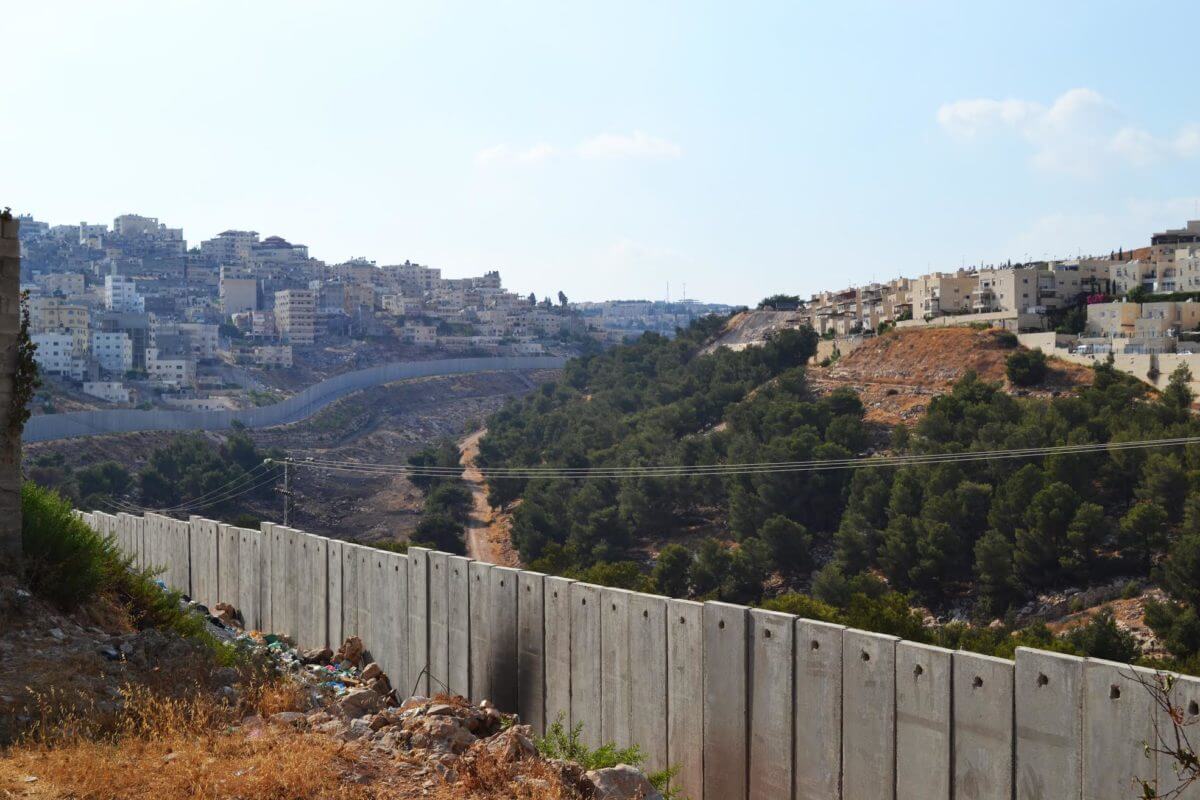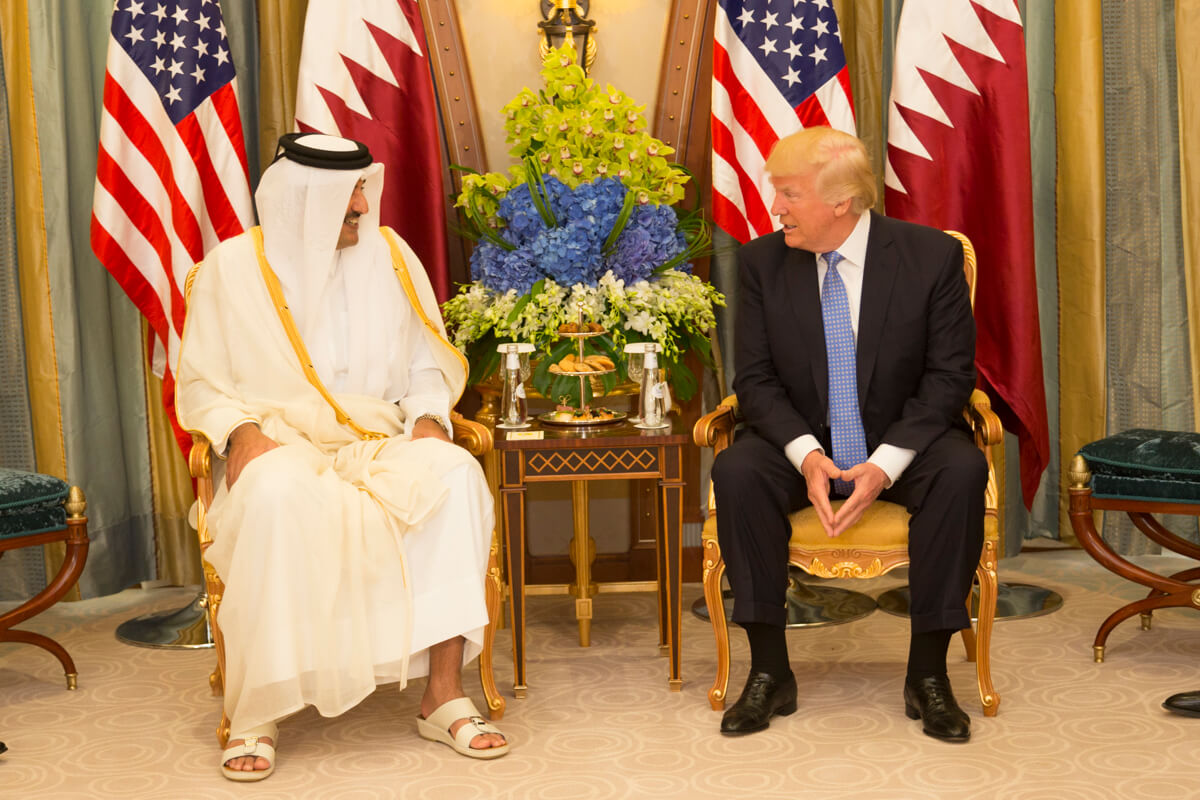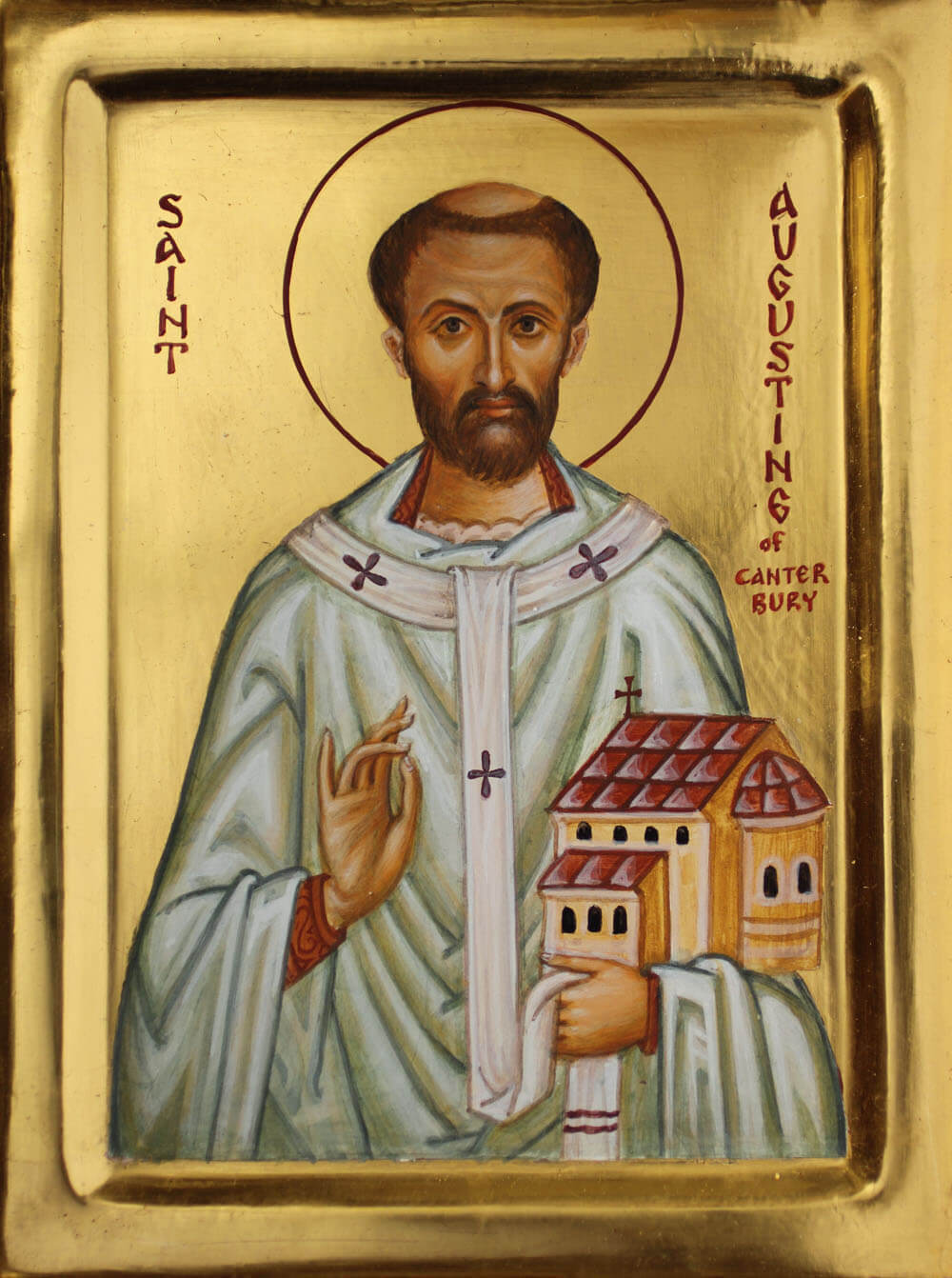The Dortmund City Council was set to award the novelist Kamila Shamsie its Nelly Sachs Prize until it learned she supports BDS. The council rescinded the honor which brought the author to Richard Falk’s attention, and he is thankful it did. “Selfishly, I cannot thank the Dortmund City Council enough for its outrageous behavior,” Falk writes, “In her novels, she has manifested an uncannny awareness, more so than any writer I have encountered, of the precarious existence of ethnic, gender, and civilizational outsiders, especially Muslims, if they happen to reside in the supposedly once more tolerant West.”
Richard Falk praises Noura Erakat’s new book ‘Justice for Some: Law and the Question of Palestine’: “What Erakat seeks and achieves is less about the emancipatory interpretation of legal norms and more about allowing us to grasp the manipulative nexus that underlies international legal discourse, and shapes political patterns of control and resistance.”
Many Israelis would like us to believe that the Palestinian struggle to achieve self-determination has been defeated, and that it is time to admit that Israel is the victor and Palestine the loser. But Richard Falk says recent events paint a different picture than this premature Israel triumphalism.
The extreme character of Israel’s nation-state law and its Gaza massacre provides a golden opportunity to activists to mobilize wider and deeper support for the Palestinian struggle, Richard Falk reports from a conference in Beirut.
Richard Falk writes that the proper priority for genuine advocates of peace between Israelis and Palestinians should be centered around apartheid rather than be devoted to reviving an Oslo style ‘peace process’ or proclaiming the goal of an independent and sovereign Palestinian state. He says this is not attainable without first dismantling the apartheid structures that subjugate the Palestinian people as a whole so as to maintain the Zionist insistence on Israel as the state of the Jewish people.
The abrupt announcement that Saudi Arabia, Egypt, Bahrain, UAE, Yemen, the Maldive Islands, and the eastern government in divided Libya have broken all economic and political ties with Qatar has given rise to a tsunami of conjecture, wild speculation, and most of all, to wishful thinking and doomsday worries. Richard Falk untangles the threads of the story so far what it could mean for U.S. foreign policy in the region.
Listening to Donald Trump’s inaugural speech led Richard Falk to consider what it might mean to live in a pre-fascist state. While the pieces are in place to facilitate a horrifying transition from pre-fascism to fascism, Falk says there are also some more encouraging tendencies that could mount anti-fascist challenges from within and below.
Richard Falk examines the argument for a U.S. disengagement from the Middle East: “Unfortunately, for America and the peoples throughout the Middle East the US seems incapable of extricating itself from yet another geopolitical quagmire that is partly responsible for generating extra-regional terrorism of the sort that has afflicted Europe in the last two years. And so although disengagement is a sensible course of action, it won’t happen for a long, long time, if at all. Unlike BREXIT, for AMEXIT, and geopolitics generally, there are no referenda offered the citizenry.”
Richard Falk writes that the Brussels attack for which ISIS claimed responsibility exhibits the new face of 21st century warfare for which there are no front lines, no path to military victory, and acute civilian vulnerability. As such, it represents a radical challenge to our traditional understanding of warfare, and unless responses are shaped by these realities, it could drive Western democracies step by step into an enthused political embrace and revived actuality of fascist politics.
